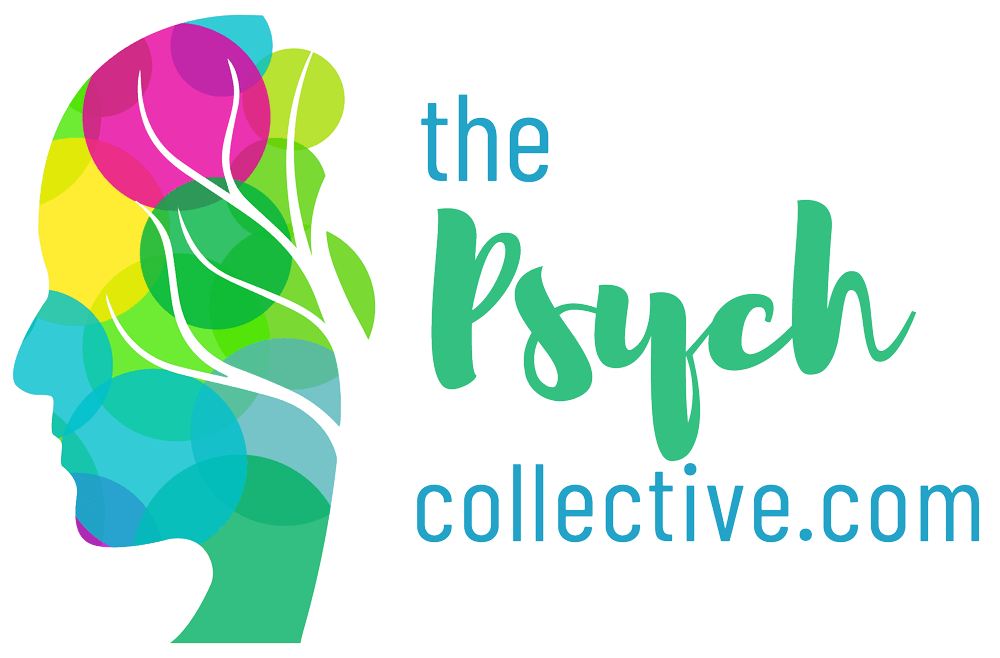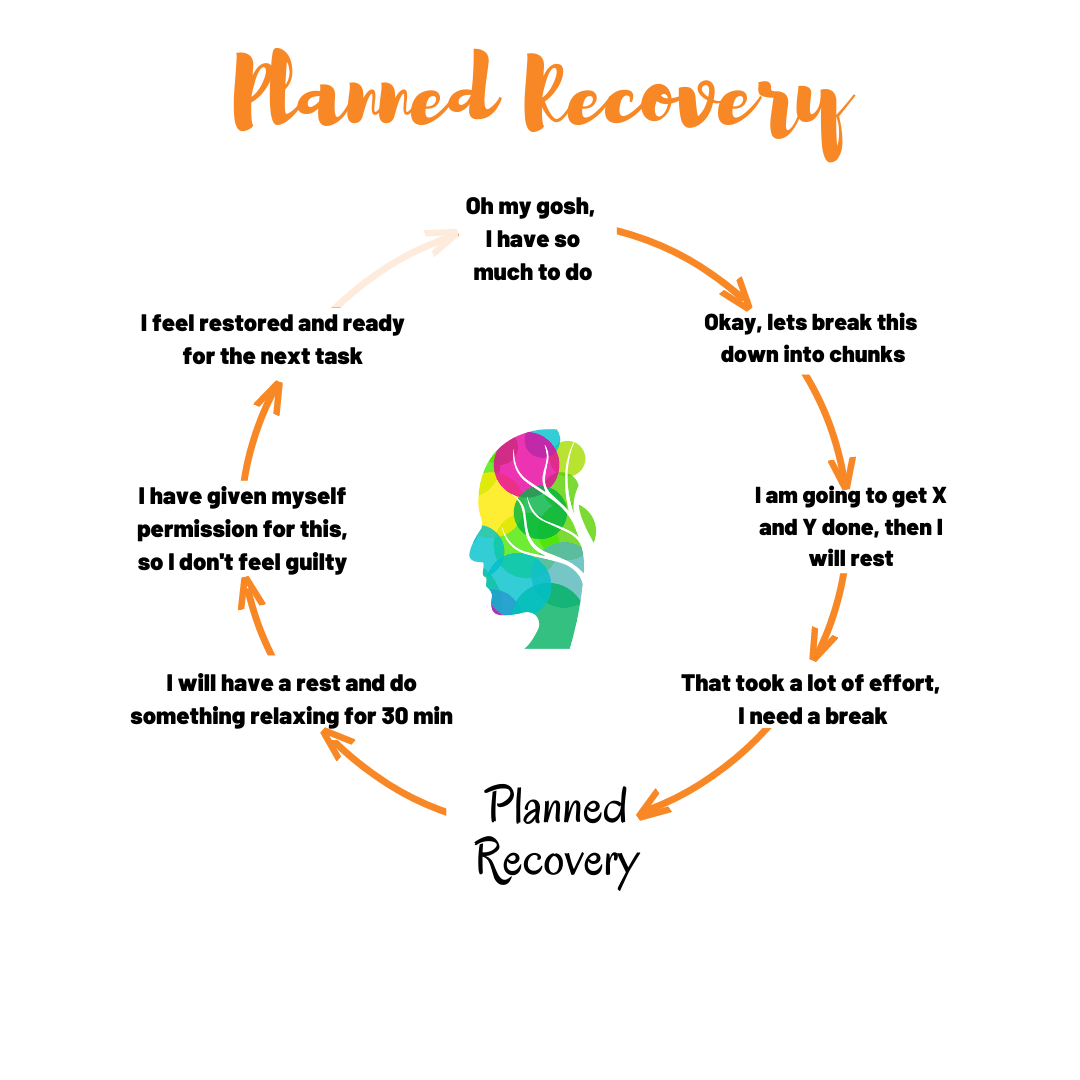Looking after yourself means more than just fixing your mental health, but a holistic plan to manage your mind, body, and relationships. We have included a broad range of information to help you develop a well balanced mind and body.
Clinic Address: Unit 3, 36-42 Auburn St, Wollongong NSW | Monday to Friday by Appointment Only

At The Psych Collective, we're passionate about empowering individuals to improve mental health and supporting clinicians to deliver effective, evidence-based care. We offer therapy, professional training. and high-quality mental health resources.











